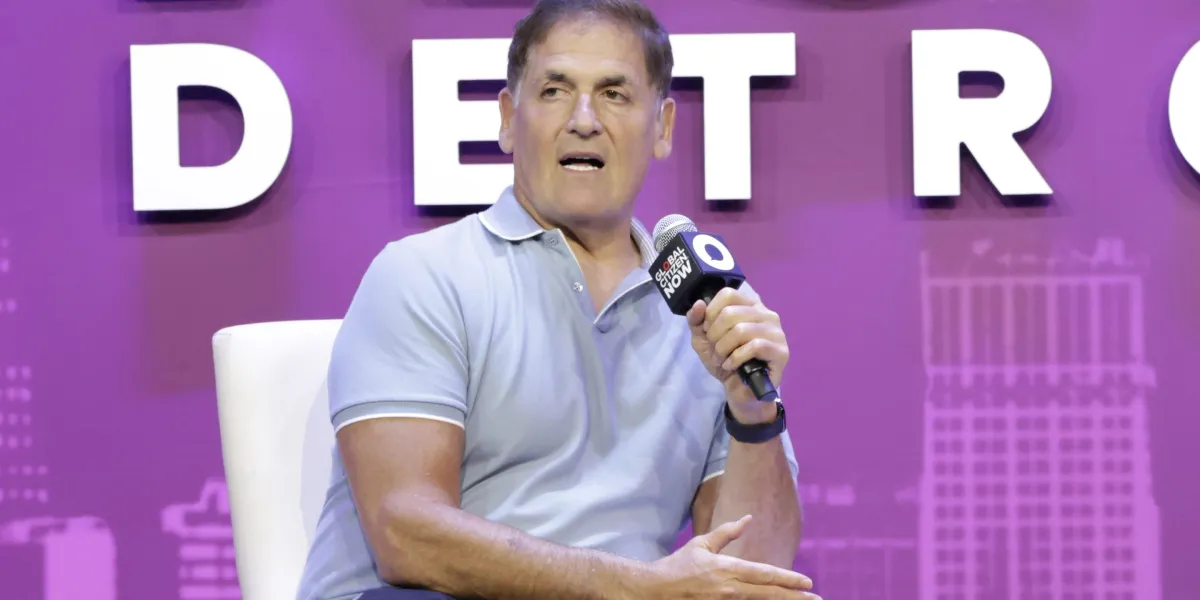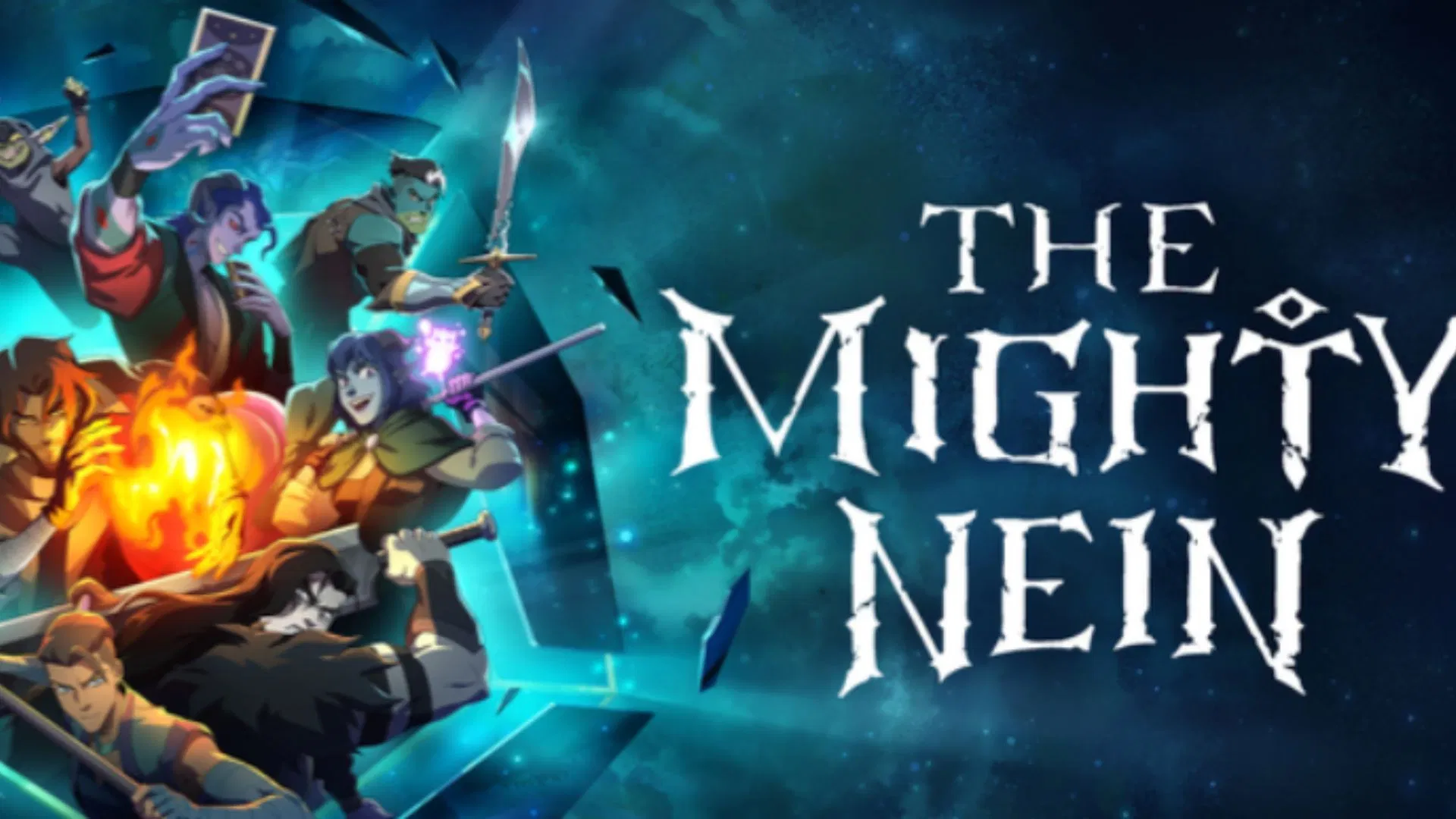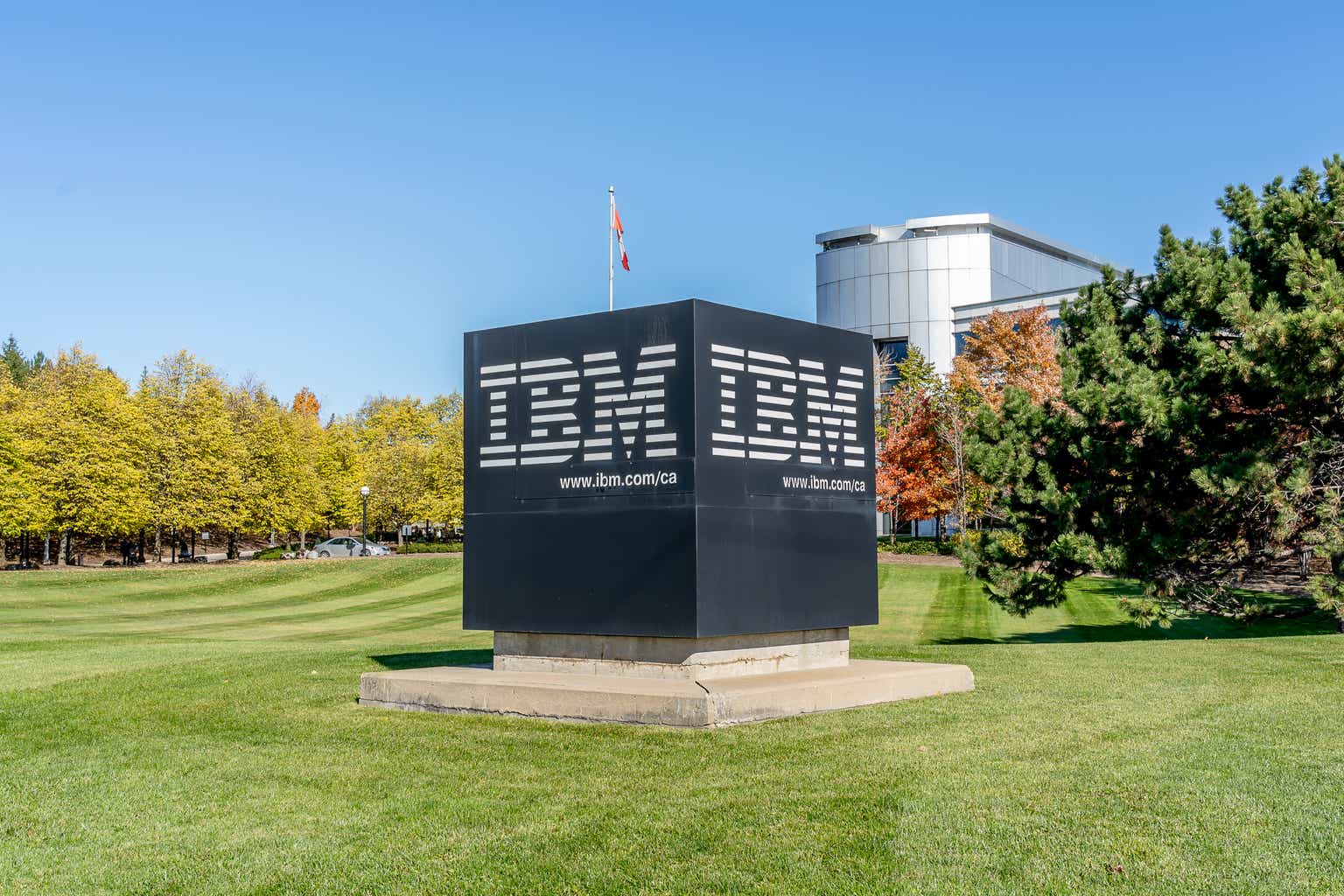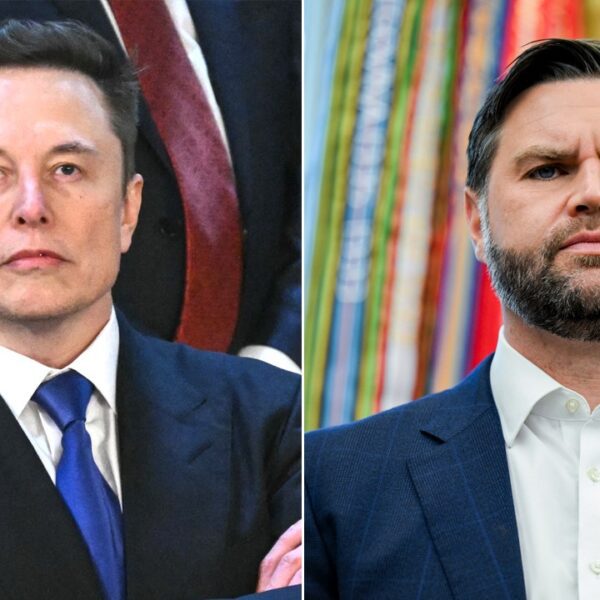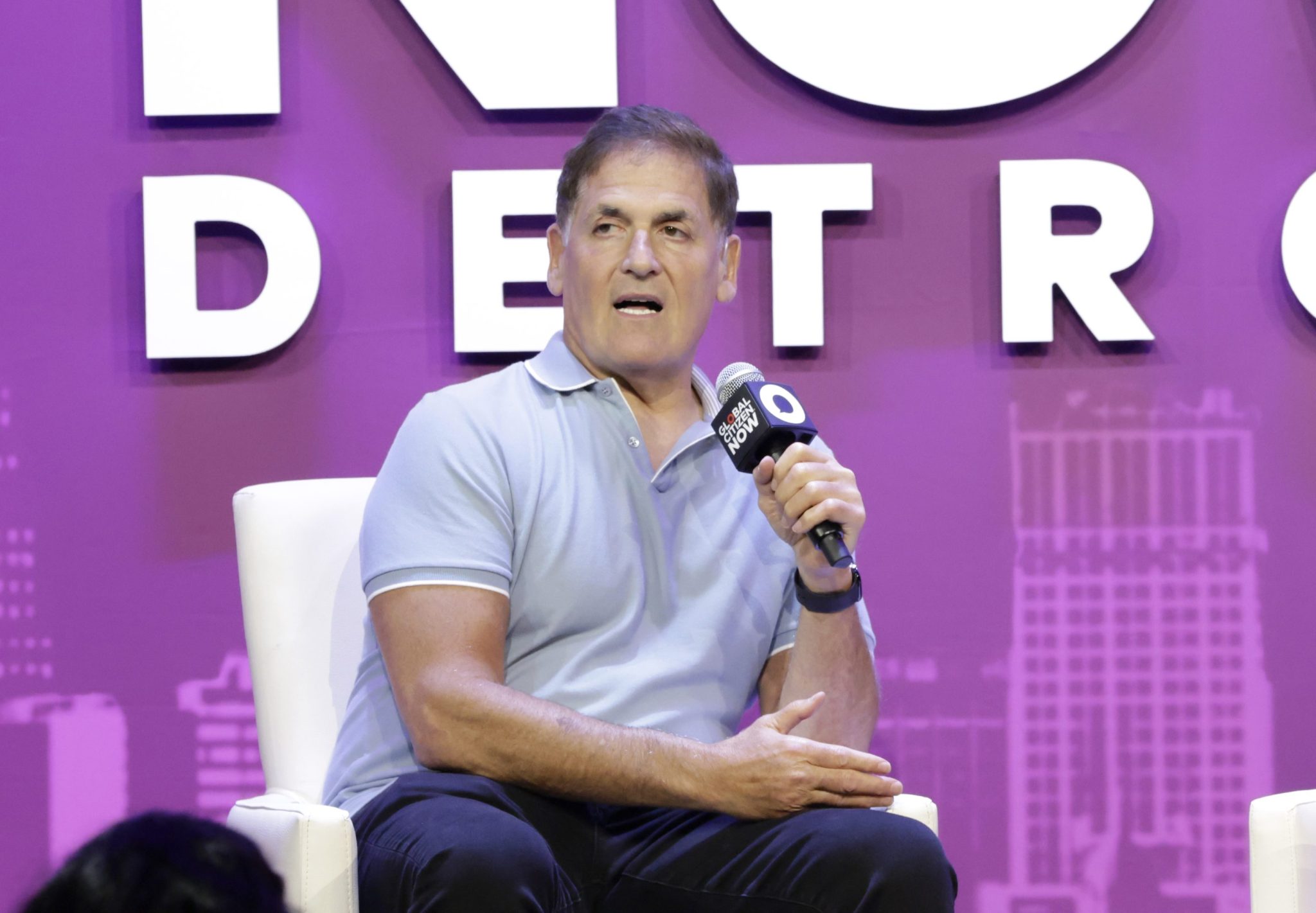
Billionaire Mark Cuban has advice for his two children who are job hunting: Prioritize small companies, not large corporations.
Not only could the advice be useful to his children, it could help those facing the entry-level job market in the age of AI. The reason why he says small companies are better: Your skills are more essential.
At large corporations, AI skills can end up feeling “somewhat extraneous,” the former Dallas Mavericks owner and investor told CNBC Make It. If you are a recent graduate who knows how to use AI, the company’s established IT teams probably already do as well.
By comparison, small to medium-sized companies, “don’t have that depth,” he said.
“[Small-to-medium-sized companies] are typically entrepreneurially driven and don’t have the flexibility to have people research things,” Cuban added. “Bringing a new graduate on to work on agentic AI projects is inexpensive for them and can get them immediate results.”
This advice from Cuban, who’s worth $6 billion, is landing at a time when Gen Z job seekers are struggling to break into the workforce—in part because AI has replaced many of the entry-level tasks that used to get them in the door, such as data cleaning, summarization, and other administrative tasks. Small companies, Cuban argues, are where those same AI skills can now become a new avenue for success.
What sets different Gen Z candidates apart
For the small companies that are using AI, Gen Z is leading the adoption. According to a survey from CNBC|Survey Monkey, 37% of small business owners currently use AI tools, with 71% planning to increase their current investment.
Cuban told Fortune what will make candidates stand out when going to a small business is their ability to build simple AI agents that automate the time-consuming tasks that go undone because “manual labor is too expensive”.
“Every company has stuff that doesn’t get done because it would require someone to sit with a spreadsheet for hours. Or to count things. Or to edit. Or to check receipts for accuracy,” Cubansaid. “These things can be done with agents and save small companies cash and improve productivity and competitiveness.”
He added it only takes “a basic understanding of programming and how AI models create agents.”
The Shark Tank star has three children, with two currently in college at Vanderbilt University and UCLA. He encourages them to learn as much as possible about AI, but even more when it comes to implementing the skills in companies.
“Like I tell every young kid, there’s going to be two types of companies in this country: There’s going to be those who are great at AI and those who used to be in business,” he previously said on the The Dumbest Guy In the Room podcast.
AI is driving huge productivity gains for large companies, while small companies get left behind
Cuban’s advice comes as AI is widening the AI gap between large and small companies. While larger companies are seeing AI productivity gains from the release of OpenAI’s ChatGPT model in 2022, small-cap names are seeing a decline of real revenue per worker.
When comparing the S&P 500 to the Russell 2000, the small-cap index reflects the separation in productivity gains. According to an October report, the S&P 500 is up 74% since ChatGPT’s 2022 launch, while the Russell is up only 39%.
For larger companies, major corporations have been aggressively deploying AI tools to streamline operations and in some cases, cutting head count. A World Economic Forum survey from early 2025 found 40% of companies expect to reduce their workforces in roles where AI can automate tasks.

